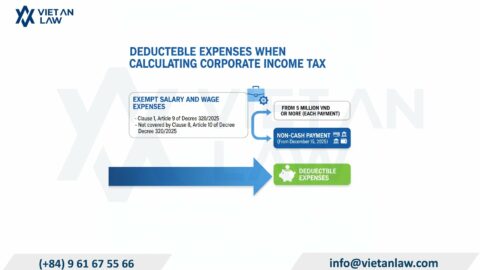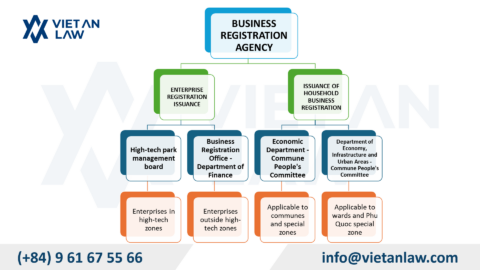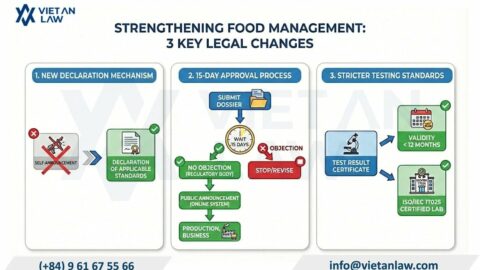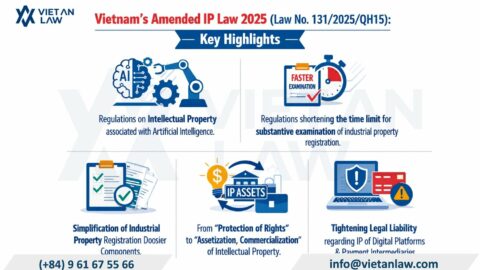A trademark is a sign that helps consumers distinguish the goods and services of one supplier from those of another. Clients’ natural tendency is to choose trademarks they have heard of a lot. Therefore, establishing a position in the market and expanding business activities is often done through transferring the rights to use the trademark. The legal basis for this activity is the trademark transfer rights contract (also known as the trademark license contract). However, in reality, drafting a trademark license contract template in accordance with the law is a difficulty that many clients encounter. Viet An Law hereby provides an article on the template of trademark license contract in Vietnam.
Transfer of trademark use rights (also known as trademark licensing) is the trademark owner’s permission for another individual or organization to use his trademark in a specified territory for a period of time, which the licensed trademark must belong to the licensee’s right to use.
Trademark licensing is a form of exploitation of industrial property rights, through which the trademark owner receives a fee or other material benefit without having to directly use the trademark. Trademark licensing also contributes to improving the efficiency of research investment.
A contract is an agreement between parties to establish, change, and terminate the rights and obligations of the participating entities.
A trademark license contract is an agreement between the licensor and the franchisee. Accordingly, the licensor allows the franchisee to use its trademark for a specified period of time and space and the franchisee is obliged to pay a license transfer fee to the licensor according to the law. agreement of the parties.
License contracts include 3 types, which are:
Trademark owners need to clearly distinguish the above 3 types of contracts to make accurate decisions based on them, avoiding confusion and causing damage to their own businesses.
In addition to information about the time and place of making the contract, the trademark transfer contract also has the following main contents:
Vietnamese law does not allow the parties to have any agreements that unreasonably limit the rights of the licensee, especially agreements that do not originate from the rights of the licensee to protect the licensee. -gasoline as well as the general competitive market from abuse of the owner’s exclusive rights in licensing.
You can refer to the sample trademark license contract with all the above terms and conditions of contents.
A collective mark is a mark used to distinguish the goods and services of members of the organization that owns that mark from the goods and services of organizations and individuals that are not members of this organization.
According to the law on restrictions on the transfer of rights to use industrial property objects, collective trademark ownership is not allowed to be transferred to organizations or individuals that are not members of the trademark owner.
A secondary license contract is a contract under which the licensor is the person who is transferred the right to use that trademark under another contract.
According to Vietnamese law, during the term of the trademark license contract, the licensee is not allowed to sign a secondary contract with a third party, unless permitted by the licensee.
The Intellectual Property Law stipulates that contracts for the use of industrial property objects must not contain conditions that unreasonably restrict the rights of the licensee, especially terms that do not originate from the rights of the licensor, which includes prohibiting the licensee from challenging the validity of the industrial property rights or the transfer rights of the licensor. Therefore, this term in the License contract is automatically invalid.
According to the law, a license contract is valid according to the agreement between the parties but is only legally valid for third parties when it has been registered at the state management agency on industrial property rights.
The trademark license contract will automatically terminate if the industrial property rights of the licensor are terminated.
Clients who need advice on the trademark license contract template, please contact Viet An Law Firm for the best support.




